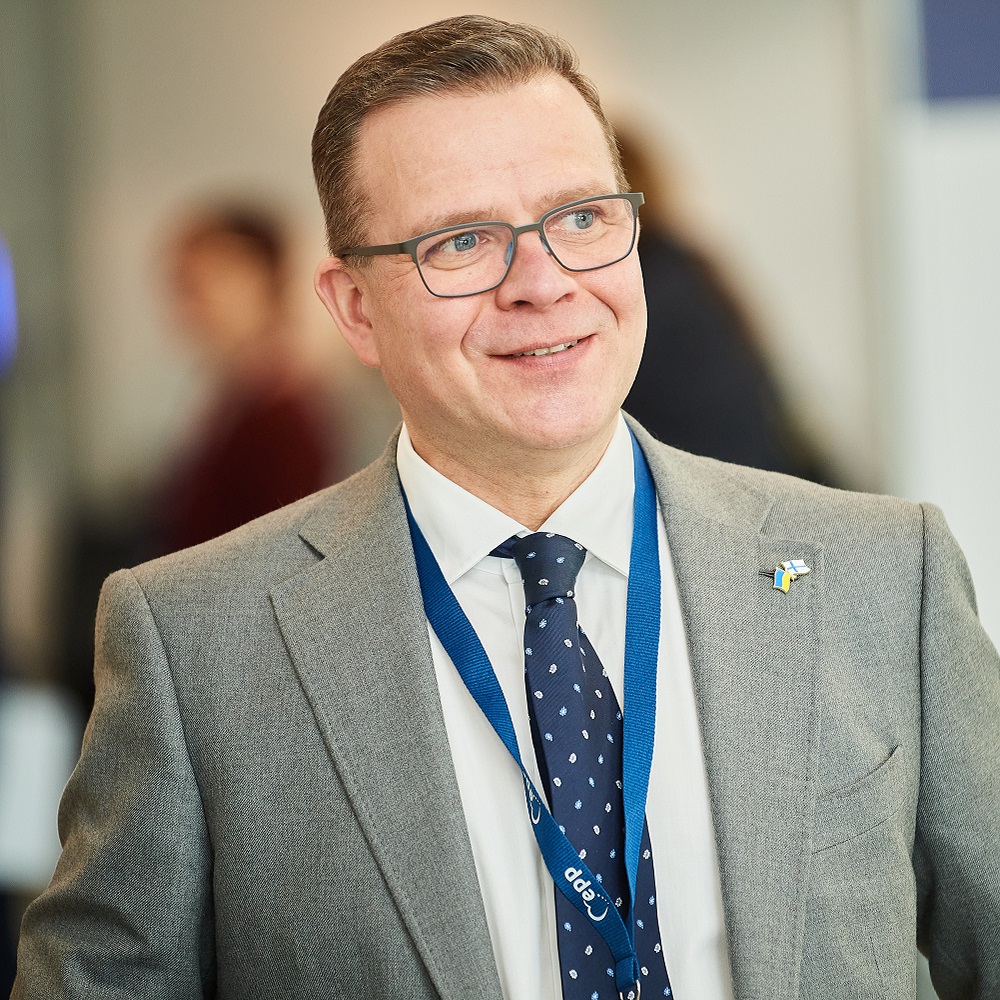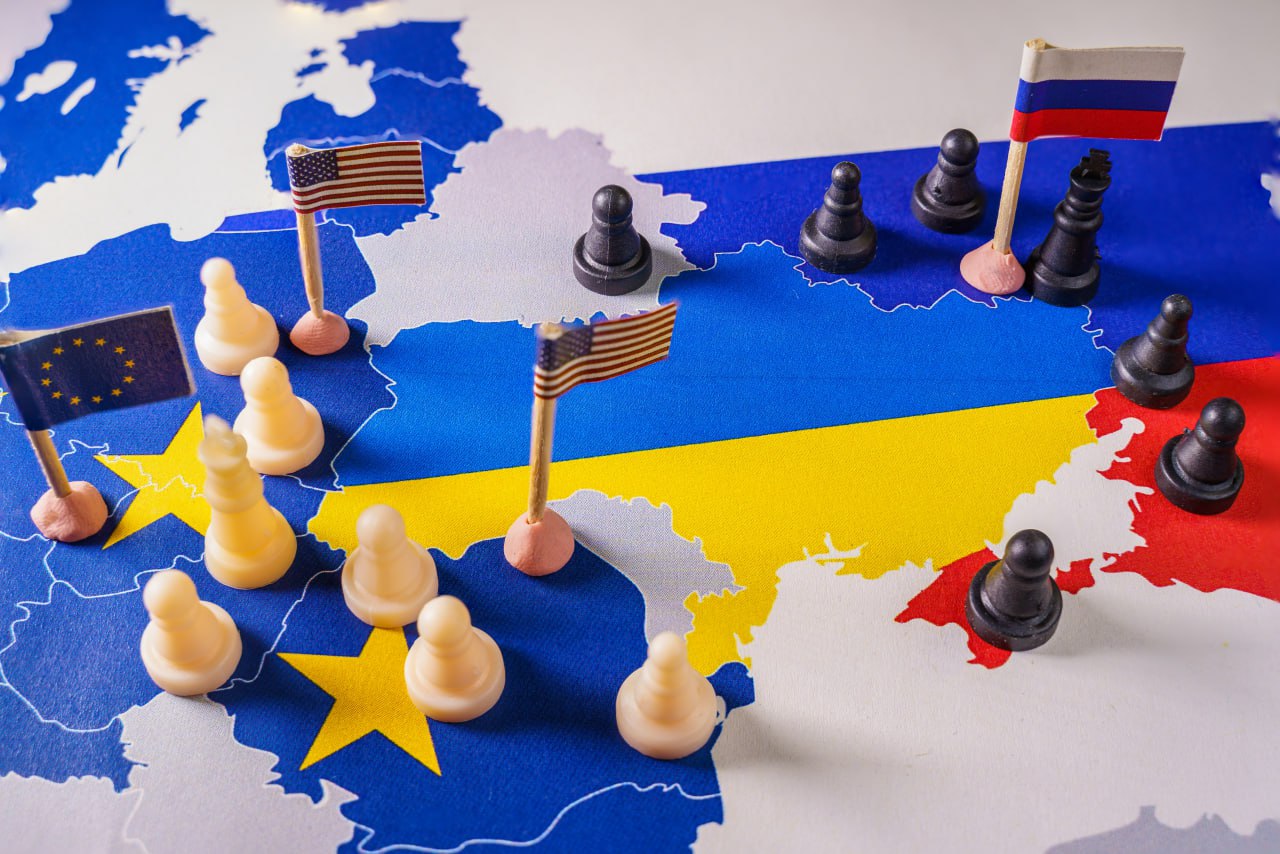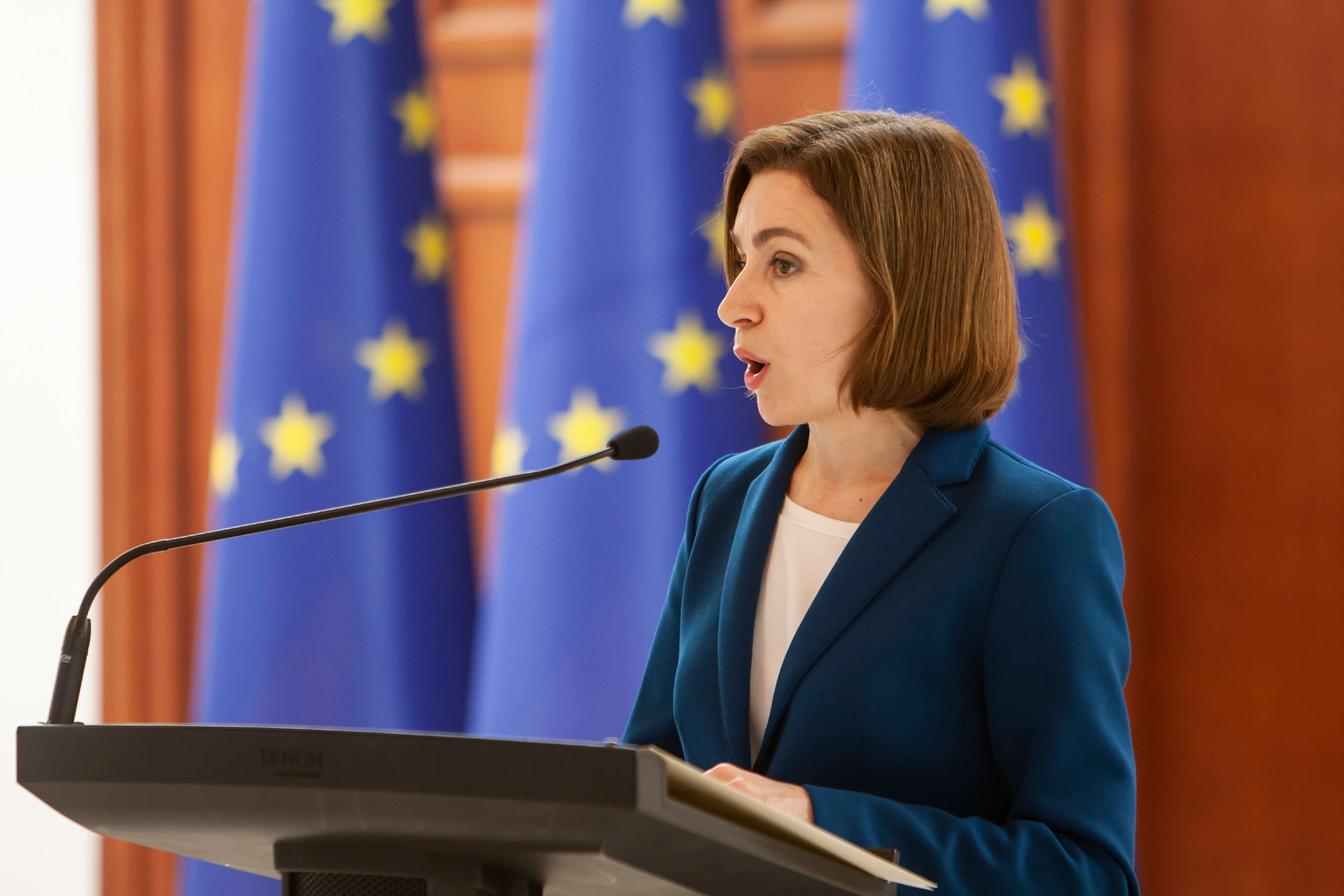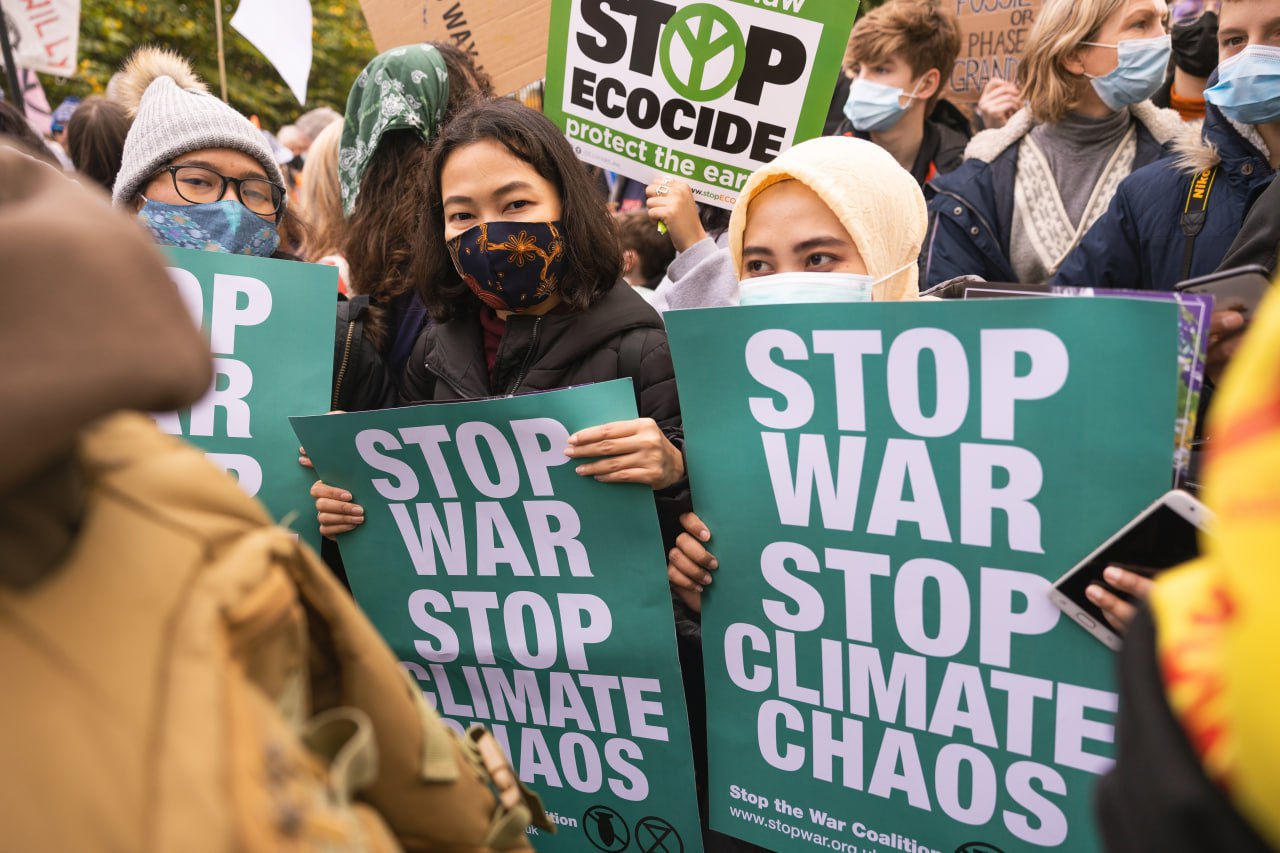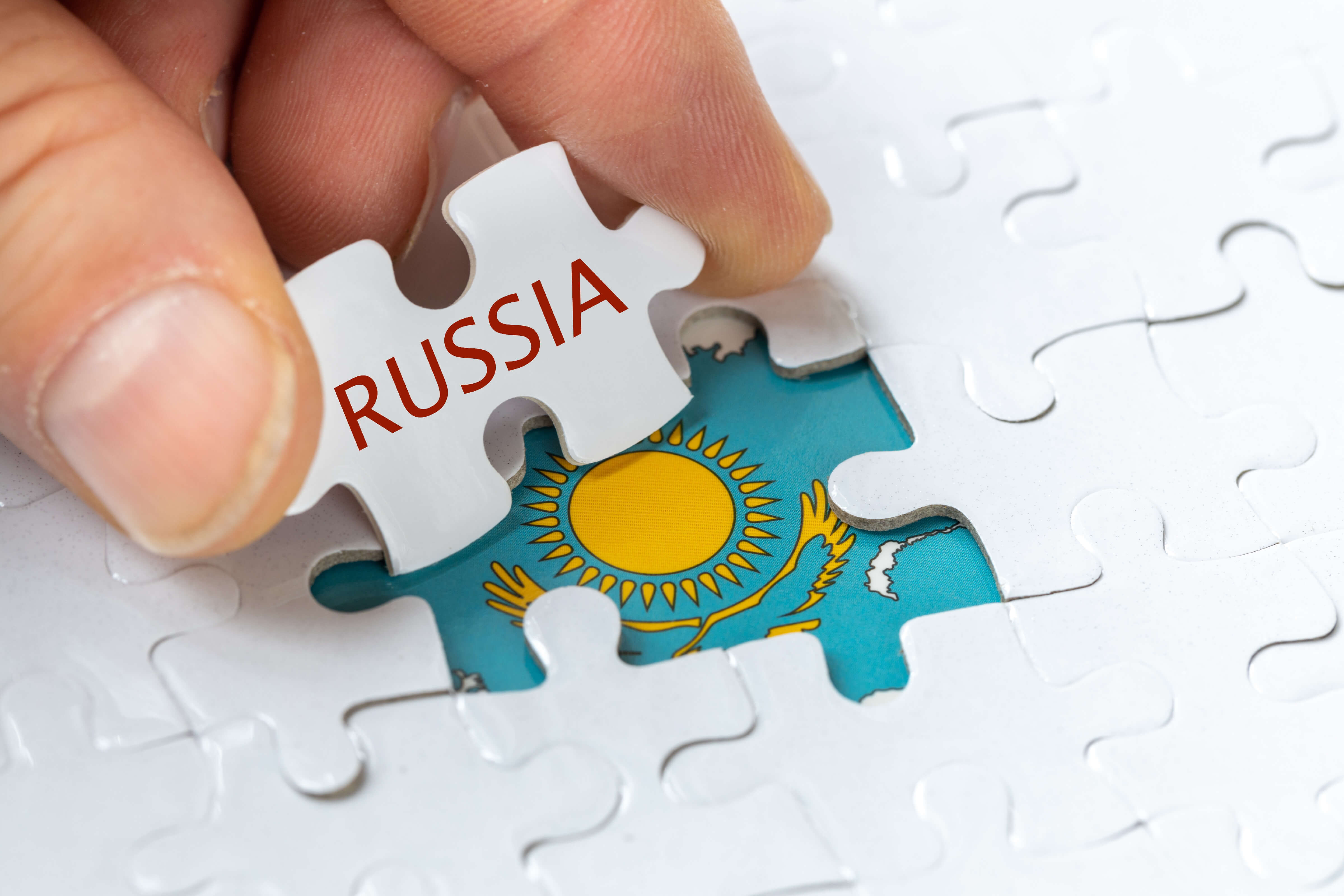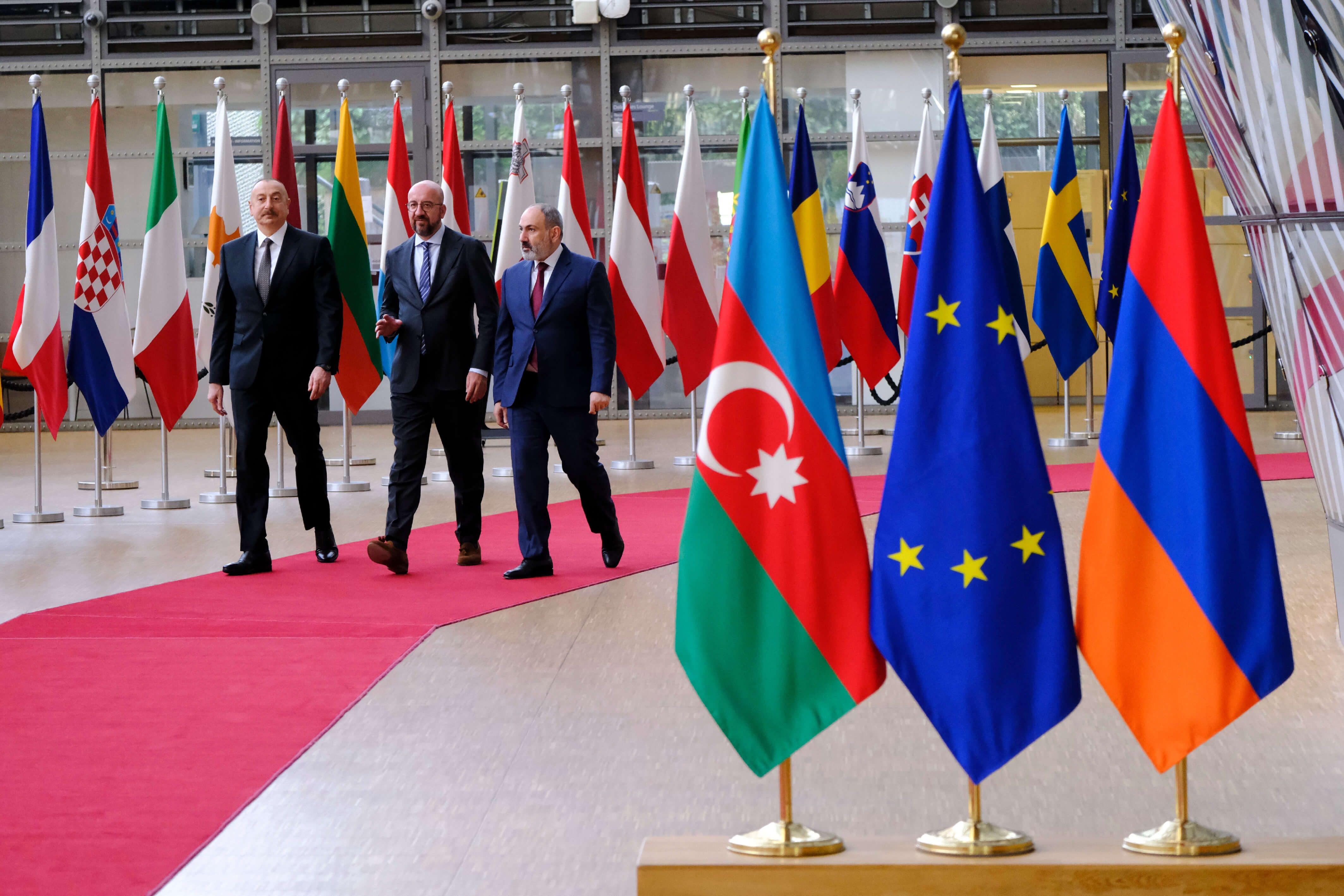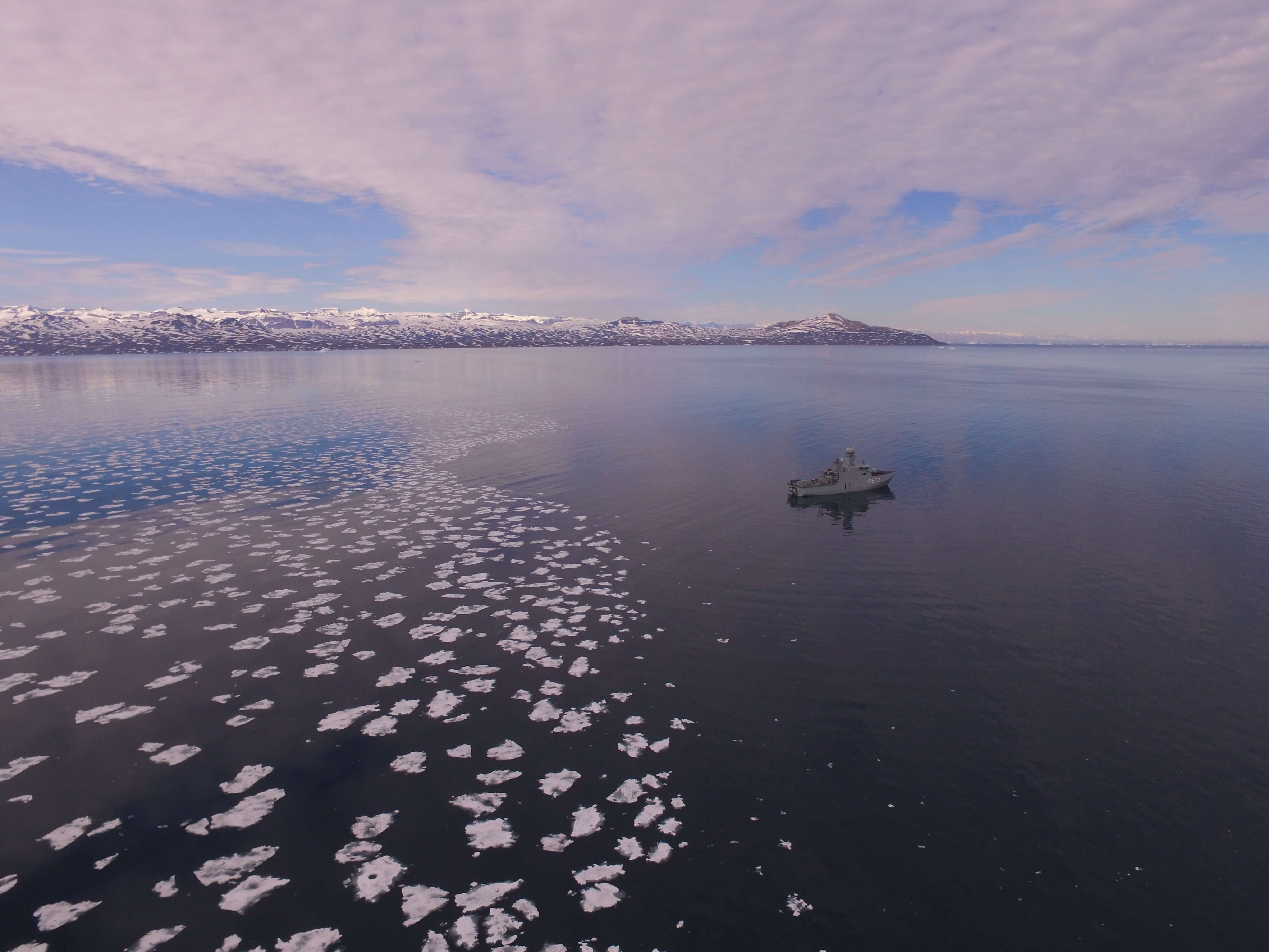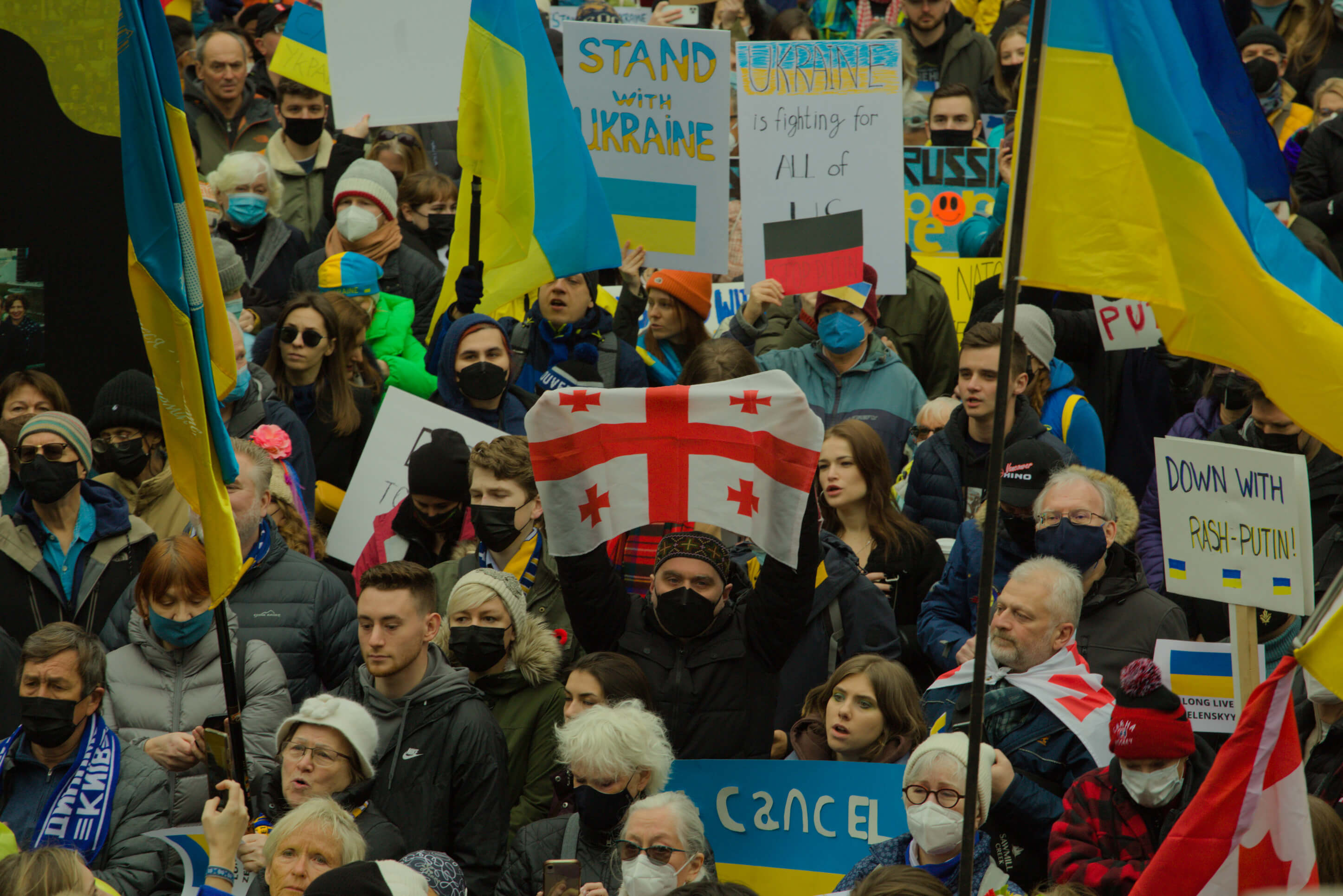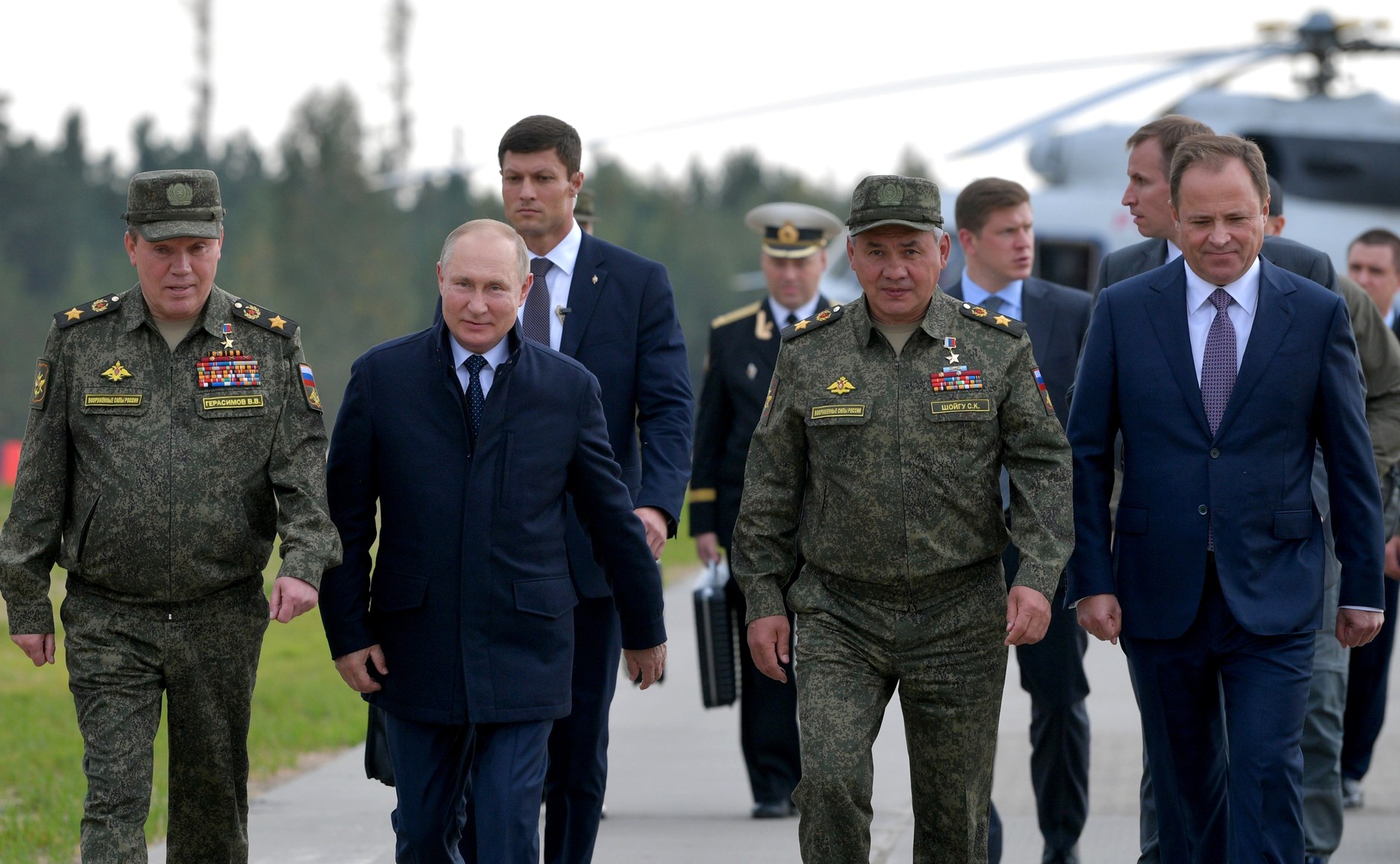Moldova's reaction on the Russian full-scale war against Ukraine and Its consequences
by Natalia Stercul
AbstractRussia’s war in Ukraine has been an exceptional threat to the European security architecture, and a peaceful and democratic development around the world. This war has led to the displacement of people, human sacrifices, damages of civilian property, material and financial loss. The imperial ambitions and the revisionist policy of the Russian Federation have created a new dramatic reality for the whole world. Russia’s full-scale invasion of Ukraine has raised a significant alarm in the Republic of Moldova in terms of the aggravation of the country’s security problems, the wider regional political and strategic ramifications. This study examines Moldova’s response to the consequences of Russia’s war in Ukraine with special focus on the multiple vulnerabilities, social-economic tensions, energy problems as well as refugee and humanitarian crises.The long struggle between the East and the West has reached its peak. The endpoint of the difficult way for interacting with sanctions mechanisms after the annexation of Crimea by Russia in 2014 has become the war in Ukraine, radically changing the European security architecture. The end of the post-Cold War era of peace is accompanied by the threat of nuclear weapons. Autocrats have created a more favorable international environment for themselves over the past decade and a half, empowered by their own political and economic might, as well as by the waning pressure from democracies, which is grounded in autocrats’ shared interest in minimizing checks on their abuses and maintaining their grip on power. Rising Russian authoritarianism has contributed to a context that has made the unprovoked aggression in Ukraine possible. Increasing authoritarianism in Russia and some other countries, coupled with gradual democratic erosion around the world, poses an exceptional threat to a rules-based global order, and consequently to peace, prosperity and sustainable development. Global freedom faces an increasingly dire threat since non-democratic regimes have become more authoritarian in the last five years. According to the dates of the Global State of Democracy Report 2021, the percentage of non-democratic regimes with statistically significant declines on at least one sub-attribute over a five-year period increased from 21 percent in 2015 to 45 percent in 2020, the highest ever. Putinism is a form of autocracy that is conservative, populist, and personalistic. Putinism is due to an authoritarian regime, which has infiltrated the Russian political activists, the mass media, and the judicial system. Corruption at the highest level of government, disinformation of the population, closing the independent media (Russia is ranked 150th out of 180 countries in RSF’s 2021 World Press Freedom Index), and violations of basic citizen’s rights – are the main features of Putin’s policies. During his reign, the image of Putin’s popularity bolsters his actual popularity and the consequence of this is the right-wing populism in Europe as a reflection of the Putinism influence. Features of Russian influence enable different effects on neighboring countries. Russia has long resisted Ukraine’s move toward European institutions, and NATO, in particular, disregarding Ukraine’s right on the choice of pursuing a civilizational way of development. For Ukraine, this is to make its own sovereign choice, but for Russia, it is a question of a different nature – loss of its “sphere of influence”. The same thing applies to the Republic of Moldova, which for a long time was the traditional sphere of Russian influence. The so-called “Russian world” continues to remain that community uniting the cultural, ideological and linguistic components. The Republic of Moldova is a multicultural country, located on the geopolitical fault line, which combines various cultural traditions and languages. The struggle for the influence of the East and West, including the fight between the Russian and Anglo-Saxon worlds had a direct impact on Moldova. At present, in the world, there is a clearer trend toward the replacement of the Russian world, which is due to the Russian foreign policy itself. At the same time, the features of Russian influence and Putinism in Moldovan society persist. These features are frequently constituted as additional triggers for political speculations and dividing lines in society. The pro-Russian forces are in opposition, in the context of the current political agenda of the Republic of Moldova, but at the same time, their influence remains substantial enough. The promotion of Russian influence and support of Putin’s policy is popular among the pro-Russian forces in Moldova. The war in Ukraine marks the end of the post-Cold War era of peace. It demonstrates that the US power is not absolute and the threat of nuclear escalation remains as close and implacable as ever. Diplomacy has been exhausted. The parties involved cannot seem to find common ground for negotiation or consensus. The result of the struggle between democracy and autocracy reflects the crisis of diplomacy and the role of diplomatic negotiations for a peaceful solution to the conflict. After four rounds of diplomatic negotiations between Russia and Ukraine without any significant progress, this process has been suspended. The dark cloud of war remains menacing. Moldova’s response to the consequences of the Russian war in UkraineThe Moldovan parliament declared a state of emergency for 60 days across the country after Russia invaded Ukraine. In accordance with the provisions of Order no.1 from February 24, 2022, of the Commission for Exceptional Situations of the Republic of Moldova: The Civil Aviation Authority, jointly with the Ministry of Defense, shall decide on the prohibition of the use of the airspace of the Republic of Moldova for civil and state aircraft (national and foreign), depending on requests and the provisions of international conventions. Moldova’s airspace has been reopened for civil aviation only on March 21. This decision was taken following a meeting of the Interdepartmental Airspace Management Commission, whose members, after assessing the current security situation, decided to open part of the airspace so that passenger air transportation could be resumed. Moldova as a neutral state does not join any sanctions either. According to the announcement of the Moldovan Minister of Foreign Affairs and European Integration Nicu Popescu: “A decision to impose sanctions on Russia is not an easy decision, this is a very hard decision that could be made by stronger and more prosperous countries than Moldova. The decision was made for economic considerations, as the Moldovan economy is too dependent on relations with Russia, including those economic”. The key argument of the Moldovan political elite, since the beginning of the war, was that Moldova is neutral and advocates for peace in Ukraine and the region at large. The neutrality of the country has always been a highly politicized, contentious, and divisive issue. Refugee crisisMoldova, which borders Ukraine, has been directly affected by a huge inflow of Ukrainian refugees. Since the beginning of the war in Ukraine, over 460 thousand refugees from Ukraine entered Moldova and nearly 100 thousand of them decided to settle in Moldova until they will be able to return safely to their homes in Ukraine. Of those 460,000, about 65% arrive via the Palanca and Tudora crossing points in the south of the country, and about 25% via the Otaci and Creva crossing points in the north. Moldovan citizens opened their homes and hearts to Ukrainian refugees. Despite being one of the poorest and smallest nations in Europe with very limited resources, Moldova has caused admiration from many countries by being able to make the border crossing easier for the refugee flow, ensure protection and grant shelter to Ukrainian refugees. Among the Ukrainian refugees, most are women, children and older people (almost 90% of the total number of refugees – this being one of the most vulnerable groups of people) who have crossed into Moldova since the beginning of the war on February 24. According to the Operational Data Portal Ukraine Refugees Situation dates on the period as of 28 June, in the Republic of Moldova were registered 82,700 – Individual refugees from Ukraine recorded across Europe; 515,432 – border crossing from Ukraine; 146,939 – Border crossing to Ukraine. Due to the assistance of external partners, the Government of the Republic of Moldova now has the infrastructure in place to support incoming refugees and is working with its international partners to create protection action plans. The EU humanitarian operation in the Republic of Moldova enhances assistance for refugees through the European Humanitarian Response Capacity. Such a humanitarian crisis occurred for the first time in the history of independent Moldova. For the Republic of Moldova, this is the first experience of finding a response to a refugee crisis – large wave of refugees that puts pressure on basic services in Moldova and the surrounding region.Tensions in Transnistria ring alarm bells in MoldovaThe Transnistrian region located between the Dniester River and the Moldovan–Ukrainian border, a region in a protracted conflict, remains to be one of the most sensitive issues for Moldova, and tensions around it have arisen amid the intensification of the Russo-Ukrainian war. Transnistria extends for about 400 kilometers between the eastern bank of the Dniester River in Moldova and the country’s border with Ukraine, being home to a population of about 470,000 predominantly Russian speakers. Moldovan authorities are following with caution and vigilance the events taking place on the territory controlled by the Tiraspol regime. There are tensions between different forces within the region interested in destabilizing the situation. This makes the Transnistrian region vulnerable and creates risks for the Republic of Moldova. The authorities condemn any provocations and attempts to draw the Republic of Moldova into actions that may endanger peace in the country. Chisinau continues to insist on a peaceful settlement of the Transnistrian conflict.The possible scenarios of a dangerous development of Russian plans are quite thoroughly analyzed in the analytical overview of the Stockholm Center for Eastern European Studies. Particularly, there are mentions that the Russian military operation could be extended towards Moldova. In the Transnistrian region there are concentrated 500 Russian peacekeepers and around 1,000 Russian military personnel. The Transnistrian military is thought to have around 4,000 active troops. The Moldovan authorities argue that there had been no change in the military situation, but with the beginning of the second phase of Russia’s special operation in Ukraine, the situation in the Transnistrian region worsened.On April 26, tensions flared as Transnistrian authorities announced the “red level” of terrorist threat for 15 days across the territory. The announcement came after alleged attacks on two communication towers and a state building in the self-declared capital, Tiraspol, as well as an incident involving a military unit in the village of Parkany. Moldovan President Maia Sandu convened a Security Council meeting to prevent tensions and the escalation of the conflict.During the meeting of the Supreme Security Council on the subject of the incidents in the Transnistrian region and the security developments in the region, on April 26, the Supreme Security Council noted the facts of escalation and recommended to public institutions the following: – increase the intensity of movement checks in the vicinity of the security zone; – increase the intensity of patrolling and checks on the territory of the Republic of Moldova and at the border; – increase the level of alert in securing the critical infrastructure; – increase the level of alert of all institutions responsible for ensuring public order and security. In this complex and tense situation, the President assured that all necessary measures would be taken to prevent escalations, strengthen the security of the state, and protect Moldovan citizens, calling on the media, opinion formers, and social and political leaders to behave during this period with maximum responsibility, share only verified information and avoid using emotional manipulation for the sake of increasing public ratings. While the Moldovan government has repeatedly called for the removal of the Russian contingent, the Russian military troops remain on this territory. The Republic of Moldova does not intend and does not carry out a blockade of the Transnistrian region, remaining open to continuing the dialogue for the settlement of the conflict in the region in a peaceful, diplomatically negotiated manner that will give the people of Moldova, including those in the Transnistrian region, the chance to have a peaceful and prosperous life. It is important to mention that about an additional Ukrainian 8,000 refugees who have decided to stay are in the Transnistrian region. Providing support to refugees in the region has its own challenges and is still lagging. Economic and energetic consequences of the Russia-Ukraine war for the Republic of MoldovaThe Russian war in Ukraine is having serious economic and energetic consequences for the Republic of Moldova, the Black Sea region, and the global economy. The war is triggering global ripple effects through multiple channels, including commodity markets, trade, financial flows, displaced people, and market confidence. The damage to Russia’s economy will weigh on remittance flows to many neighboring countries. Disruptions to regional supply chains and financial networks, as well as heightened investor risk perceptions, will weaken regional growth. Prices for commodities that Russia and Ukraine supply, including energy, wheat, fertilizers, and some metals, are sharply higher. In the Republic of Moldova as well as in many emerging markets and developing economies, rising food and energy prices are exacerbating poverty and, in some cases, food insecurity, heightening inflation pressures that were already building. The Russian Federation and Ukraine are prominent players in the global trade of food and agricultural products. Domestically, limited economic activity and increasing prices could undercut the purchasing power of local populations. Moldovan apple farmers are already feeling the consequences of Russia’s war in Ukraine. Their main trade route through the Ukrainian port of Odesa has been cut off. Normally, Moldova exports just under a fifth of its agri-food products to Russia. Now, 120,000 tons of apples are laying in cold storage – and they have to be sold before the next harvest begins. The support of Moldova’s Government is essential to help small-scale farmers respond to the crisis and remain resilient. Although there are some opportunities to export to Romania, the Ministry of Agriculture and Food Industry is estimating steep losses in the fruit sector alone. According to the National Statistics Bureau, Moldova imports about 300,000 tons of fertilizer annually, the vast majority from Russia and Belarus. The national Ministry of Agriculture and Food Industry estimates that, without fertilizer, the production of staple foods – like wheat, corn, and barley – will drop by at least 30 % this year alone. Mitigating the effects of the war on lives, livelihoods and economic growth will require carefully calibrated policies. A concerted effort will be needed to house refugees, meet their basic needs, and foster smooth integration into host communities. When the war subsides, a large mobilization of resources will be needed for reconstruction in Ukraine. Because of their substantial direct trade, financial, and migration ties with Russia and Ukraine, neighboring countries in Eastern Europe, especially the Republic of Moldova, are expected to suffer considerable economic damage. Currently, Moldova has no alternative for Russian natural gas, and the price of supply from other channels, in any case, would be higher than that of Russia. Given the high energy poverty in the country, it is highly unlikely that the majority of Moldovan people would want lower gas prices to be traded off for geopolitical gains. The supply of natural gas is one of the most sensitive issues that the Moldovan government has to deal with. Moldova is one of the countries that were most severely hit by the rise in natural gas prices and the recent sharp increase in gas prices became perhaps one of the most acute economic problems for the people of Moldova. In October 2021, Moldova extended its gas contract with Russia’s Gazprom following a bitter stand-off over price hikes. Moldovagaz, the national energy company half-owned by Gazprom, made the outstanding payment of a 74 million USD gas debt to Gazprom at the same time. The energy crisis due to the dependence on Russian gas, the price of which has almost tripled, has continued since last autumn. On March 16, 2022, however, after years of preparatory work and in the middle of the war, the electricity grid of Ukraine and Moldova was successfully linked to the continental European network on a trial base. This will allow both Moldova and Ukraine to import electricity from the EU. The energy dimension of security in Moldova largely depends on the strategy of diversification of sources.Moldova’s response to Russian disinformation and propaganda during the warAfter the beginning of the “special operation” in Ukraine the independent media were closed in the Russian Federation. Echo of Moscow and Rain TV channel have been blocked, recognized by the Ministry of Justice of the Russian Federation as foreign agent media; many editorial offices, including Znak.com, and the BBC Russian Service announced the suspension of their activities because they do not see any opportunity to work under the conditions that the authorities have announced; other media faced being blocked, such as Meduza, the same for the BBC and, for some reason, The Village. Putin’s regime has focused on spreading disinformation and propaganda rhetoric both in the country and abroad. The perception of popularity, which has been created using media resources and PR technologies gives additional points for trust among the Russian population around the world. The level of trust in Vladimir Putin in Russia is very high – 77%. According to the dates of Moldova’s Public Opinion Barometer of the Institute of Public Policies, a great deal of trust in Vladimir Putin in 2021 had been placed – 28.8% of Moldovans respondents.Despite the European integration trajectory and the significant assistance received in this process from neighboring Romania, the main strategic partner of Moldova 32.5% perceived by respondents in the middle of 2021was Russia, 28.1% – Romania. The position of Moldovan authorThe position of Moldovan authorities in terms of combatting Russian propaganda and disinformation became more pronounced. Russian media remain influential in the Moldovan media landscape with high-rating TV stations, print and online media. Russian information resources continue to exert an obvious manipulative influence by spreading disinformation, in particular about the war, the position and actions of Ukrainian officials and Western countries. The impact of the Russian propaganda and disinformation is very high, especially for such regions as Transnistria, Gagauzia and the Northern regions of Moldova. The war in Ukraine does not seem to have changed radically people’s attitude toward Russia in these core Russophile regions of Moldova. In order to spread awareness about the Russian manipulative campaign, Moldovan president Maia Sandu promulgated in June the Informational Security Law, which bans the broadcast in Moldova of Russian TV news and political analysis. The law, designed to counter Russian propaganda about the war in Ukraine, says that the ban will still apply after the expiration of the state of emergency established in Moldova after Russia invaded Ukraine. The normative act prohibits news and analytical broadcasts from countries that have not ratified the Convention on Transfrontier Television. It stipulates that 50 percent of TV content must come from EU countries, the United States and those states that have ratified the Convention. Fast forward to EuropeThe challenges the Republic of Moldova is currently facing in the security context are created by the start of Russia’s war against Ukraine. The war in Ukraine has brought instability and uncertainty to the region – but also a chance to rebuild the balance of power on the continent based on new, fairer rules. The new reality has shown us that authorities must act decisively if we want to anchor Moldova in a community that can offer stability and development. The European integration of the Republic of Moldova has enabled significant progress in terms of the country’s development over the past decade. According to the Public Opinion Barometer (2021), 65.1% of respondents were in favor of the future of Moldova in the EU.The positive perception of the European vector of development by the citizens of Moldova has significantly increased over the years of the existence of the Eastern Partnership, which is mainly the result of effective public diplomacy and the EU’s “soft power”. For the Republic of Moldova, the European Union is, first of all, a peace project. Therefore, Moldova signed the EU membership application on March 3. EU accession is the only strategic option that offers the Republic of Moldova the chance to remain part of the free world. Moldova has an ambitious development agenda in cooperation with the European Union, but development requires peace. The Republic of Moldova has shown so far, a strong political will to promote the European agenda and pursue the necessary reforms. The Republic of Moldova is carrying out an intense lobbying campaign, having Romania, an EU member state, working side by side with Chisinau, to achieve this goal. In fact, all the states in the Eastern bloc support a favorable decision for the Republic of Moldova. The most difficult part was the process of completing the European Commission’s Questionnaire in an extremely short time (in the case of other states the process took up to several years), which required unprecedented synergy of actions. All this has demonstrated an amazing capacity of the authorities to mobilize, which despite the many crises facing our country, have allocated the necessary resources to achieve the national strategic objective. On June 23, 2022, the European Council decided to grant EU candidate status to the Republic of Moldova and Ukraine. This is a victory for the citizens of Moldova and a victory for the strong political leadership of our country. ConclusionThe war requires a coordinated response at the national, regional and global levels. Political authorities of the Republic of Moldova need to avoid introducing distortive policies in response to surging commodity prices, opting instead to offer targeted support to vulnerable households and expand social safety nets. Pressures on fiscal space and increasing vulnerabilities also call for protecting essential basic services like health and education, and special approaches for the protection of vulnerable populations, especially low-income groups, refugees and the elderly. A still unfolding economic crisis requires carefully calibrated policies to ensure, in practice, the functionality and effectiveness of special crisis response measures. It is important to consider the direct and indirect economic consequences of the Russia-Ukraine war. A steep slowdown in Russia and Ukraine will affect neighboring countries, including Moldova, through disruptions to trade, financial, and remittance flows. The negative effects will lead to the severance of supply chains and transport links, and also impacts digital connectivity and associated services. The heightened risk perceptions by investors will result in a reduced level of foreign investments necessary for the sustainable development of the country. Higher energy prices will have important knock-on effects on the affordability and financial viability of electricity and heating services. Measures to increase energy efficiency will emerge as a key point. If the war, which is already affecting the Black Sea region and the global economy through large and unanticipated changes in the movement of people and commodities, is protracted, the conflict will affect major fiscal and financial implications. At the same time, tackling the conflict’s many spillovers, including the refugee flows, commodity market disruptions, food insecurity, and heightened financial market volatility will necessitate a comprehensive menu of national Moldovan policy priorities. Under these conditions, the Republic of Moldova will have to continue pursuing internal reforms and the modernization of the state, making efforts to promote the European integration. More attention should be paid to strengthening the control mechanisms for carrying out domestic reforms, as well as to the effectiveness of the political course and security policy, built on the principle of achieving practical results in ensuring and maintaining security on the European continent.
